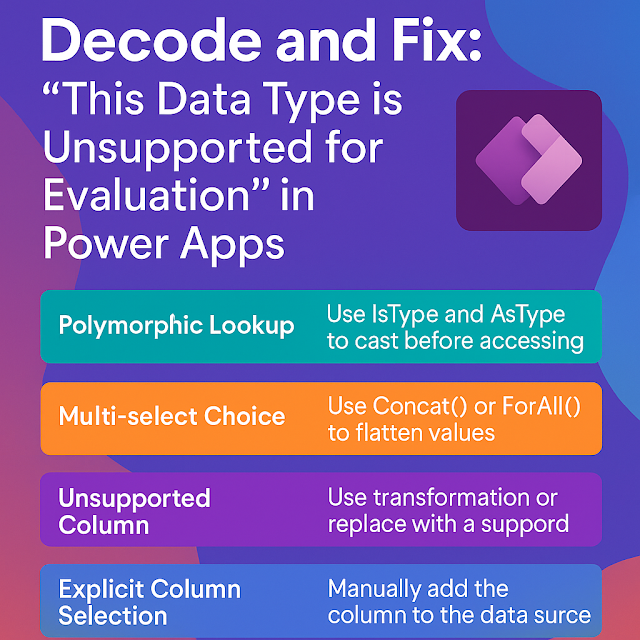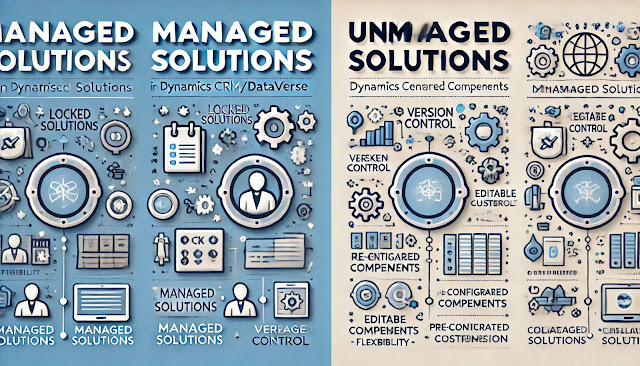Microsoft Dynamics 365 Customer Experience Analyst :Configure business rules
A Business Rule in Dataverse is a no-code way to apply logic and enforce validations directly on data and forms, ensuring consistency across apps without the need for JavaScript or plugins. Using an intuitive drag-and-drop designer, business rules can automatically show or hide fields, set values, change requirement levels, enable or disable controls, and even display error messages based on conditions. They can run both on the client side (within model-driven forms) and the server side (when data is saved), making them effective for maintaining data integrity even during imports or API updates. Business rules are ideal for simple, reusable validations and user guidance, ensuring that business policies are applied consistently across the Dataverse environment.
- Show / Hide fields – e.g., Show “Reason for Closure” only when Case Status = Closed.
- Enable / Disable fields – e.g., Lock “Invoice Date” after invoice is submitted.
- Set field values – e.g., If Country = France, set Currency = EUR.
- Clear field values – e.g., Clear “Discount” if Product Category changes.
- Set field requirement level – e.g., Make “SIRET Number” mandatory for French accounts.
- Validate data & show error messages – e.g., If Order Quantity < 1, show “Quantity must be greater than 0.”
- On model-driven app forms (real-time, as user interacts).
- On server side (when data is saved, applies even through imports, APIs, or Power Automate).
- No code – Created via simple drag-and-drop designer.
- Reusable – Apply across forms and tables.
- Consistent – Rules apply on both client (form) and server (data layer).
- Faster than plugins for simple validations.
- Not as powerful as JavaScript or plugins.
- Limited to supported actions (can’t run complex scripts or integrations).
- More suitable for UI-level and validation logic, not heavy business processes.
- Spare Part Ordering: If Quantity > 100, auto-apply “Bulk Order” discount.
- Supplier Management: If Country = “Germany,” require “VAT Number.”
- Maintenance Request: If Equipment Type = “Critical,” make “Priority” mandatory.
- Inventory: If Stock Level < 10, show error “Minimum stock not met.”












Comments
Post a Comment